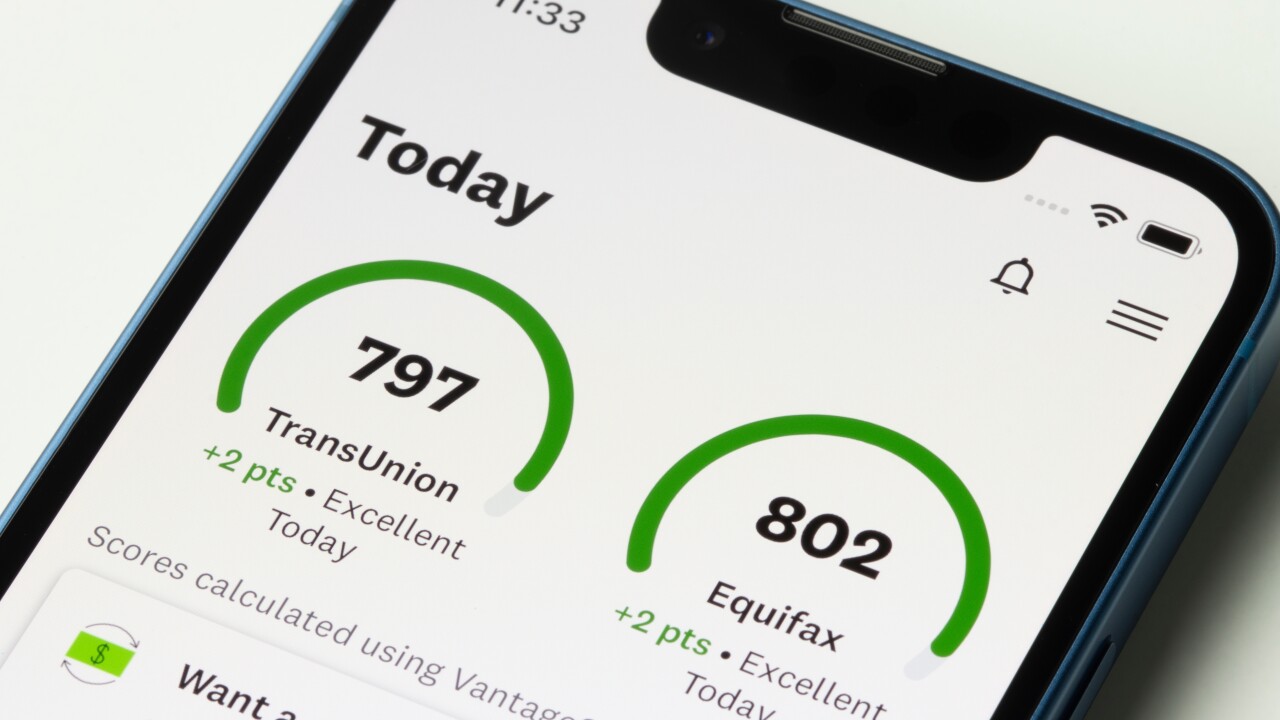Mortgage volumes swung upward last week despite another surge in interest rates, with applications increasing for both purchases and refinances, according to the Mortgage Bankers Association.
After
A 12 basis point jump in the 30-year fixed rate loan didn't keep borrowers away from the table. The average for 30-year mortgages under the conforming balance of $726,200 rose to 6.55% from 6.43% seven days earlier, with many investors possibly anticipating, and thus factoring in, another
"Although incoming data points to a slowdown in the U.S. economy, markets continue to expect that the Fed will raise short-term rates at its next meeting, which have pushed Treasury yields somewhat higher," said Joel Kan, MBA vice president and deputy chief economist, in a press release.
"As a result of the higher yields, mortgage rates increased for the second straight week to their highest level in over a month."
In various April appearances, multiple Federal Reserve officials stated continued
Similarly, the contract rate of the 30-year fixed jumbo mortgage with balances above the conforming level also made a 12 basis point leap from the prior week to 6.4% from 6.28%, with points inching down to 0.5 from 0.51.
Home buyers drove more of the upward movement in mortgage activity, with the seasonally adjusted Purchase Index coming in 4.6% higher. "Both conventional and government home purchase applications increased last week," Kan said.
But volumes were still 27.9% below its pace of one year ago, "as high mortgage rates and low supply have slowed the market this year, even as home-price growth has decelerated in many markets across the country,"
Several housing researchers have noted the rapidly cooling pace of housing costs over the past few months,
At the same time, though, small month-to-month gains in average housing costs appeared in the data, showing that
Reflecting the trend of early 2023 price movement is the direction that average purchase-loan sizes have taken in MBA surveys. Since the start of the year, the mean application amount has grown by more than $40,000, but after rising for two consecutive weeks, the average dropped in the latest survey by 1.4% to $431,600 from $437,700 seven days earlier.
Refinance sizes also declined 2.2% to an average of $256,700 from $262,400. The overall average across all new applications dropped in tandem by 1.2% to $384,600 from $389,200 a week earlier.
The MBA's Refinance Index increased 1.7% from the previous weekly survey, but on a year-over-year basis came in lower by 50.9% in the current interest-rate environment. In spite of the higher volume, the share of refinances relative to overall activity decreased to 26.8% from 27.6%
The seasonally adjusted Government Index also inched up, but a slower pace of its rise in relation to overall mortgage numbers last week shrunk the share of incoming federally backed applications. Federal Housing Administration-insured mortgages accounted for 12.6% of activity, edging down from 12.7%, while applications sponsored by the Department of Veterans Affairs took a larger drop to 11.2% of total volume from 11.7%. The share of loans for U.S. Department of Agriculture programs also decreased to a share of 0.4% from 0.5% a week earlier.
Alongside the movements of the 30-year conforming and jumbo mortgages, other fixed rates similarly accelerated from the prior week, the MBA said.
The average contract interest rate of FHA-backed 30-year mortgages jumped 8 basis points to 6.41% from 6.33% seven days earlier. Points for 80% LTV ratio loans increased to 1.04 from 0.94.
The 15-year fixed mortgage saw its contract average rate cross the 6% threshold with a surge of 14 basis points to 6.03% from 5.89%. Points decreased to 0.56 from 0.65.
Bucking the trend was the hybrid 5/1 adjustable-rate mortgage, which fell to an average of 5.47% from 5.56% the previous week. The loans carry a fixed rate for five years, before adjusting to market values. Points leaped to 1.18 from 0.72.
The decline in the adjustable rate, along with across-the-board increases among fixed categories, helped lead to a gain in share for 5/1 ARM applications to 6.7% of the total weekly volume. In the prior survey, ARMs garnered 6.3% of loans.





